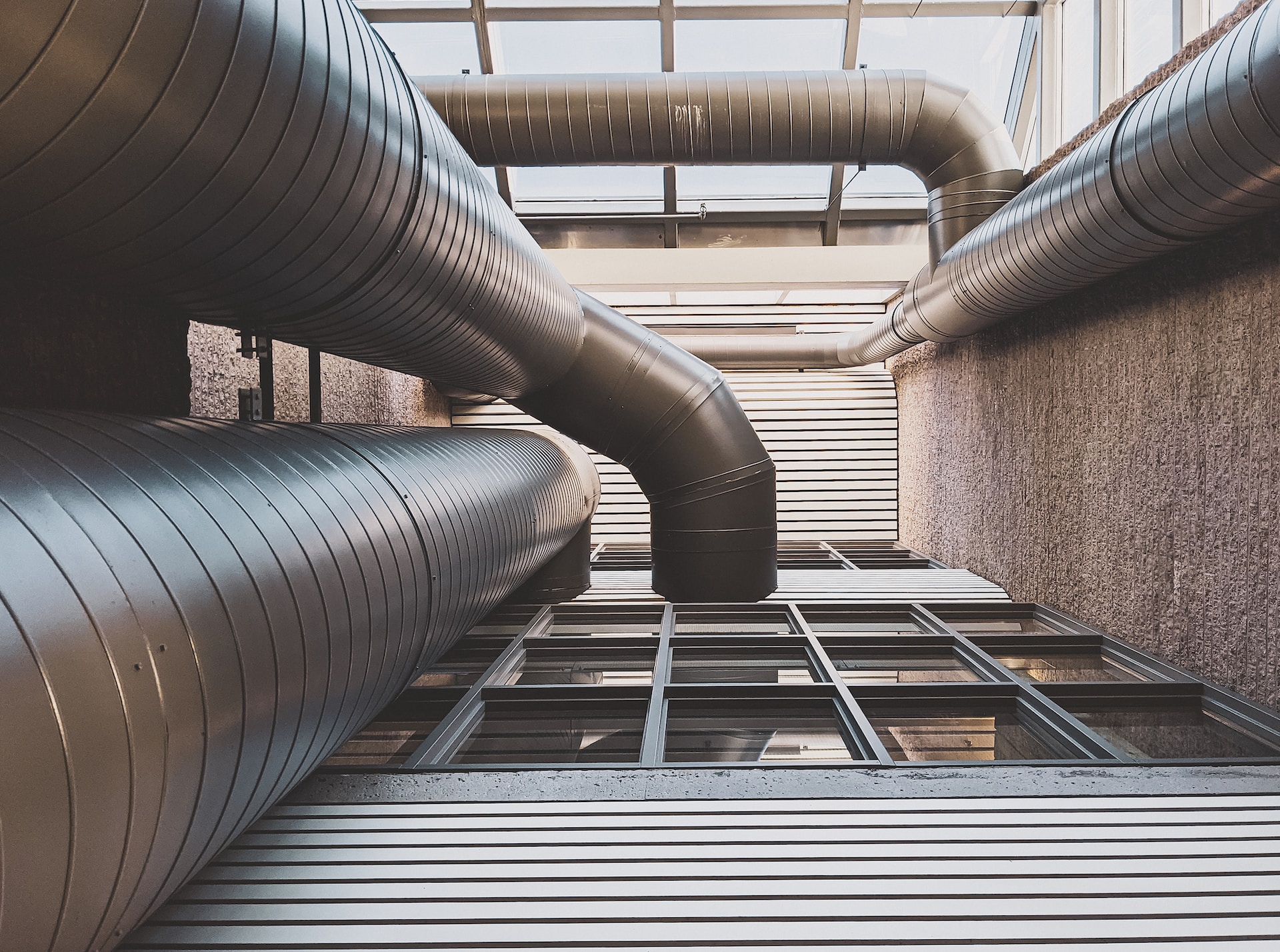Design and fabricate HVAC mechanical equipment for a variety of projects. Work closely with clients, project managers and construction professionals.
It is important to research a HVAC company before opting for them to carry out works you need. You should look for recommendations, reviews, experience, warranties, quotes, and more.
Designing
A hvac design engineer creates systems to meet the needs of their client. They work in conjunction with a general contractor, construction company and local code enforcement to ensure that the system meets specifications and that it is installed correctly. They often need to travel to job sites to oversee installation and make sure that the contractors follow their plans.
They also help to design piping systems. These will transport various fluids such as water, gas and oil from one location to another. They must be careful that these pipes are sized properly to ensure proper flow and to avoid any blockages or leaks.
Installation
A hvac engineer creates layouts and diagrams to describe a system’s components, selects materials and calculates estimated costs. They supervise every step of a system’s installation, ensuring that employees follow safety procedures and building codes. They also test the operation of a new installation.
HVAC engineers design climate control systems for new buildings. They consider the building’s occupants, square footage and energy costs when creating their plans. They can also do performance evaluations on existing systems to recommend improvements.
Maintenance
A HVAC engineer needs to have the ability to repair existing systems and perform preventative maintenance. They may also work with clients to advise them on the best products for their homes or businesses. This work requires excellent problem-solving skills and a customer-centric approach. It often involves climbing, working in confined spaces, and lifting heavy objects.
HVAC engineers assess the occupants and use of a building to design an optimal climate control system. They create layouts and diagrams, select materials, and calculate costs. Once the system is installed, they ensure that it meets all safety standards and inspection requirements.
Troubleshooting
HVAC engineers work with a wide range of equipment and tools to help clients maintain their systems. Depending on their roles, they may also need to have strong project management skills in order to oversee multiple teams of specialists and ensure that projects are completed on time and within budget.
The responsibilities of an HVAC engineer include troubleshooting issues, working with equipment technicians to resolve problems and ensuring that products installed are energy efficient. They should have good communication skills to be able to explain complex concepts to other professionals and customers.

